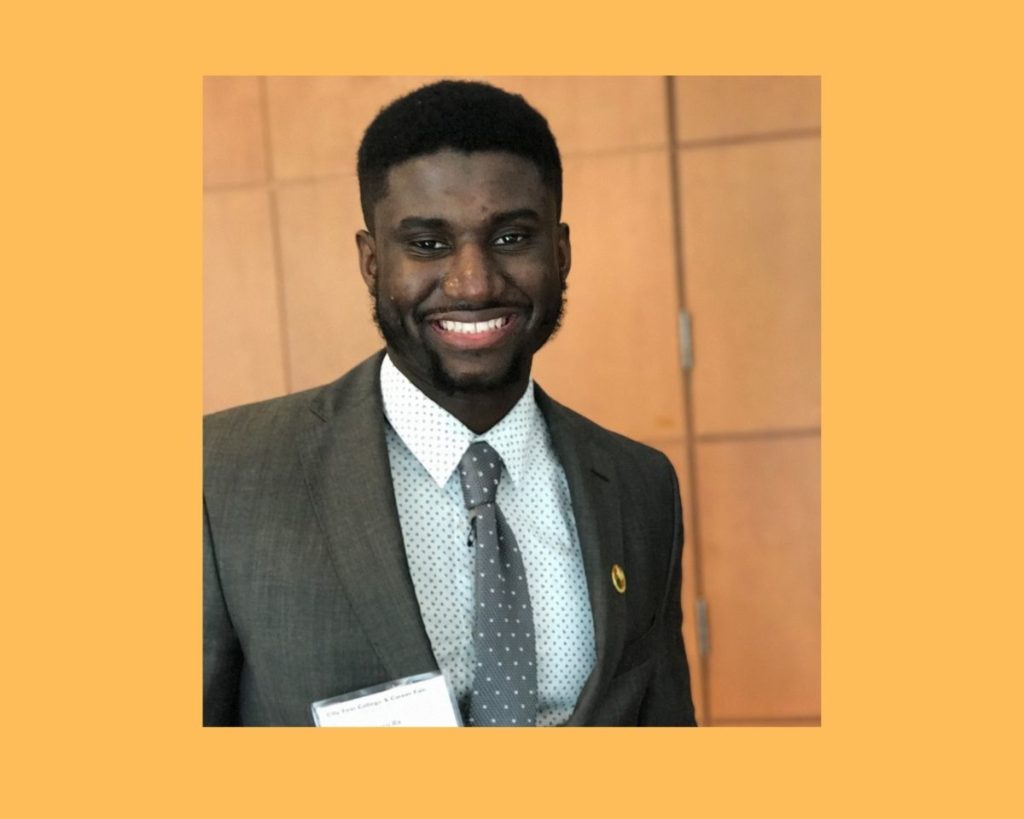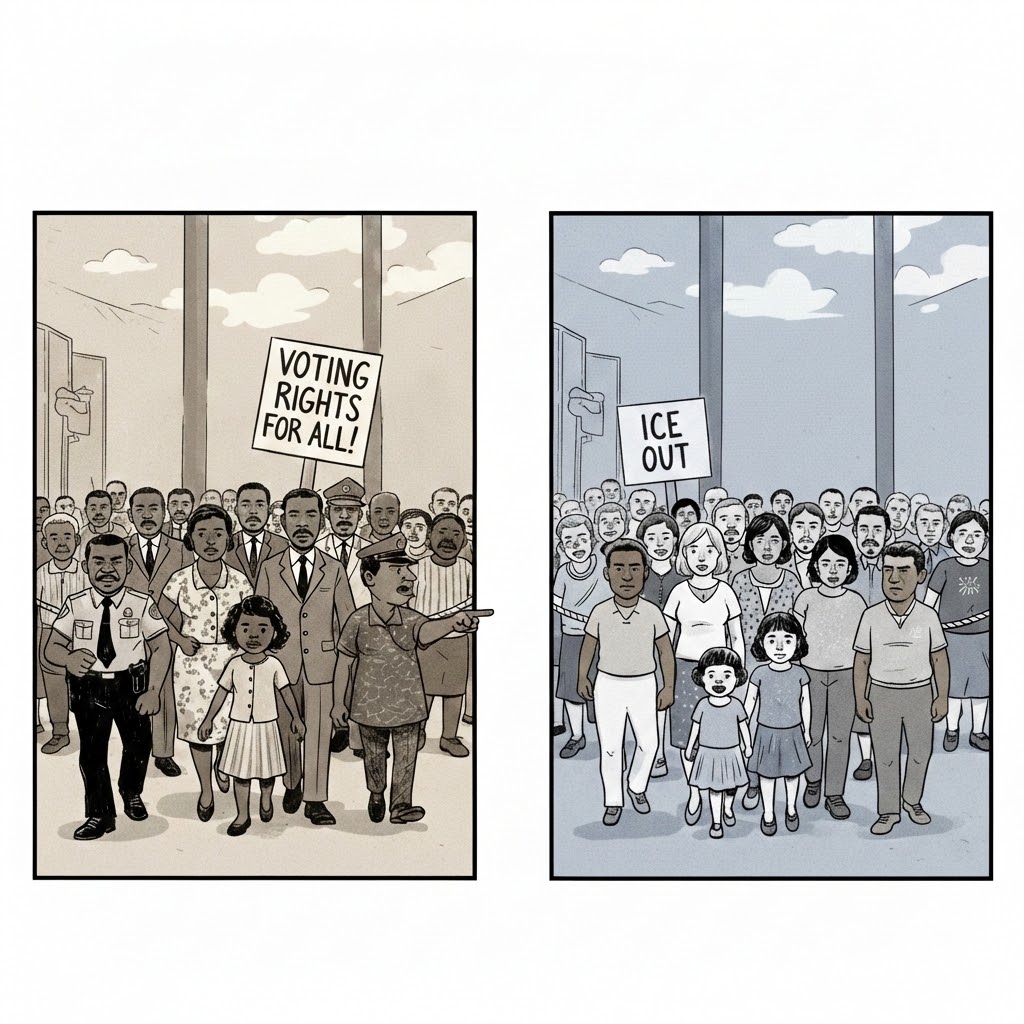Editor’s note: At the beginning February, Black History Month, Boardhawk posed this question on social media and invited responses: What do you wish you learned about Black history during your education? How would it shape who you are today? In response four members of Ednium, a “collective” of Denver Public Schools alums, submitted heartfelt essays. We will publish them over the next couple of weeks. This is the third in the series, which will conclude next week.
My family immigrated to the United States in 2000 as refugees from Senegal. Like many immigrants, my family came here for safety, freedom and opportunity.
Before we migrated, we would hear stories about the “American Dream,” and we got a lot information from American media like TV shows and movies, which portray America as this great country with no faults.
When we arrived in America, we often found ourselves realizing our dreams were further out of reach than we imagined. The life of an immigrant isn’t an easy one.
Why? Because sometimes there is a lot of discrimination. Sometimes it’s hard for us to find good jobs, and navigating new systems and customs can be challenging. But I admire many immigrants like my family who struggle and show that they are capable of getting ahead.
For me, some of that struggle in my early years was the language barrier and speaking with an accent. Sometimes, a lot of young immigrants are bullied for not speaking the language.
However, as immigrants we persevere, and we keep fighting for the dreams that inspired us to cross oceans and continents to be here.
On the other hand, what immigrants don’t always fully appreciate is that many native-born Americans have had to fight just as hard and struggle just as much for safety, freedom, opportunity, and family. Throughout American history, no group has had a greater struggle than African Americans.
I challenge my fellow immigrants to develop an understanding of oppression that Black Americans face in this country. I believe it starts with education.
My K-12 education in Denver Public Schools failed me on Black history. I didn’t realize this until I took my ethnic studies course in college.
Black history in K-12 was taught to me through the eyes of the oppressor, only highlighting a few Black figures considered American patriots. The only figures we learned about were Martin Luther King Jr., Rosa Parks, and Harriet Tubman. The rest of the teachings were about slavery.
Even when we learned about these prominent figures it was through the lens of the oppressor. The material didn’t capture the whole story of these great leaders. In fact, slavery was often glorified in some of the textbooks.
However, in my ethnic studies course in college I learned about other great leaders like Malcolm X, Angela Davis, and Nat Turner. These are the type figures I wish I was taught in Black history in K-12 education. These leaders were revolutionary.
That’s why I believe every Black student should learn about them in K-12; to get a holistic view of Black history in this country. I wish I had learned about Black history pre-slavery and how Black kings and queens oversaw kingdoms all across Africa.
In addition to that, I believe this shouldn’t be just limited to Black students, I believe other students from different races should learn about this as well. They should be thinking about oppression, white privilege and dismantling it.
All in all, I believe teaching Black history should go beyond Black history month by adding it as a curriculum requirement for K-12.




